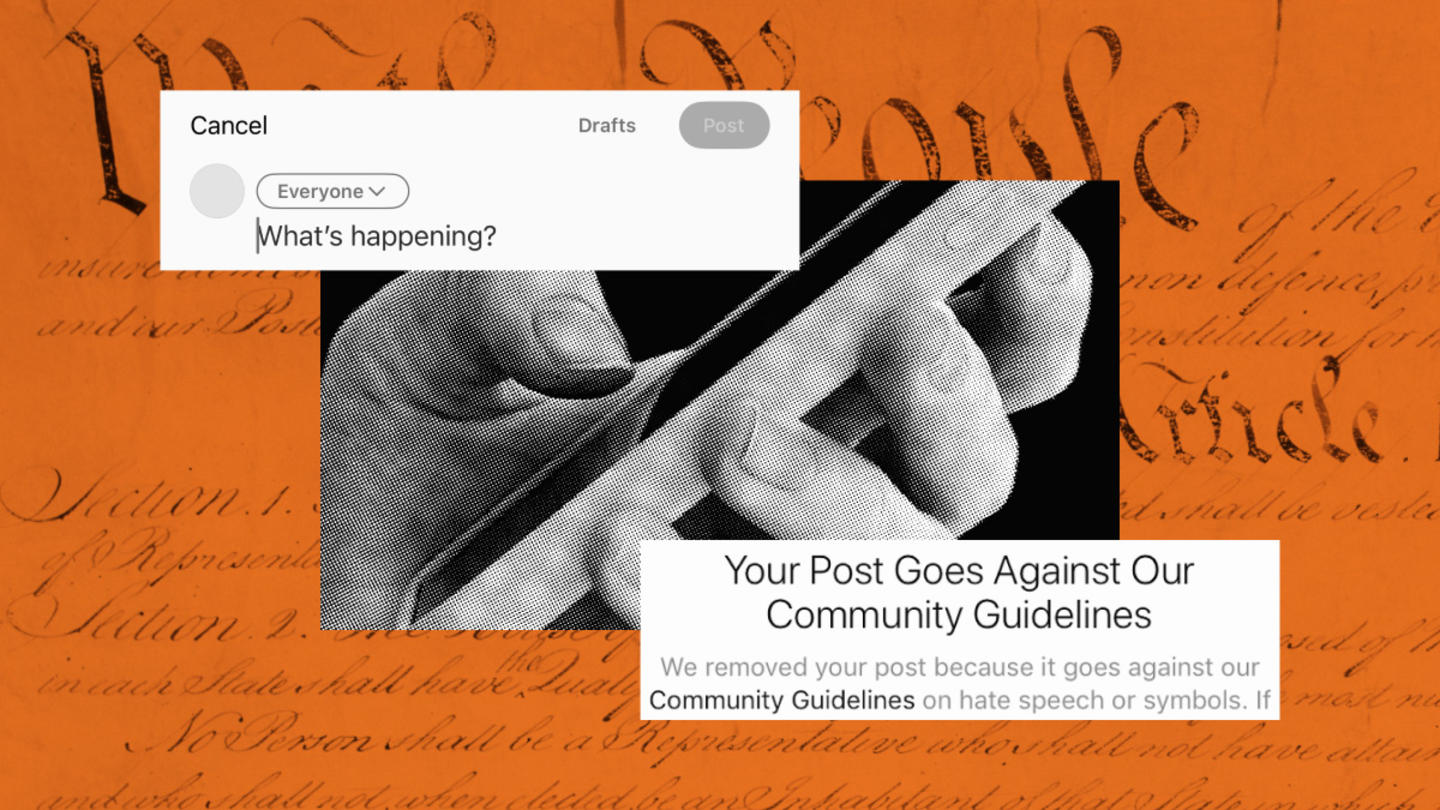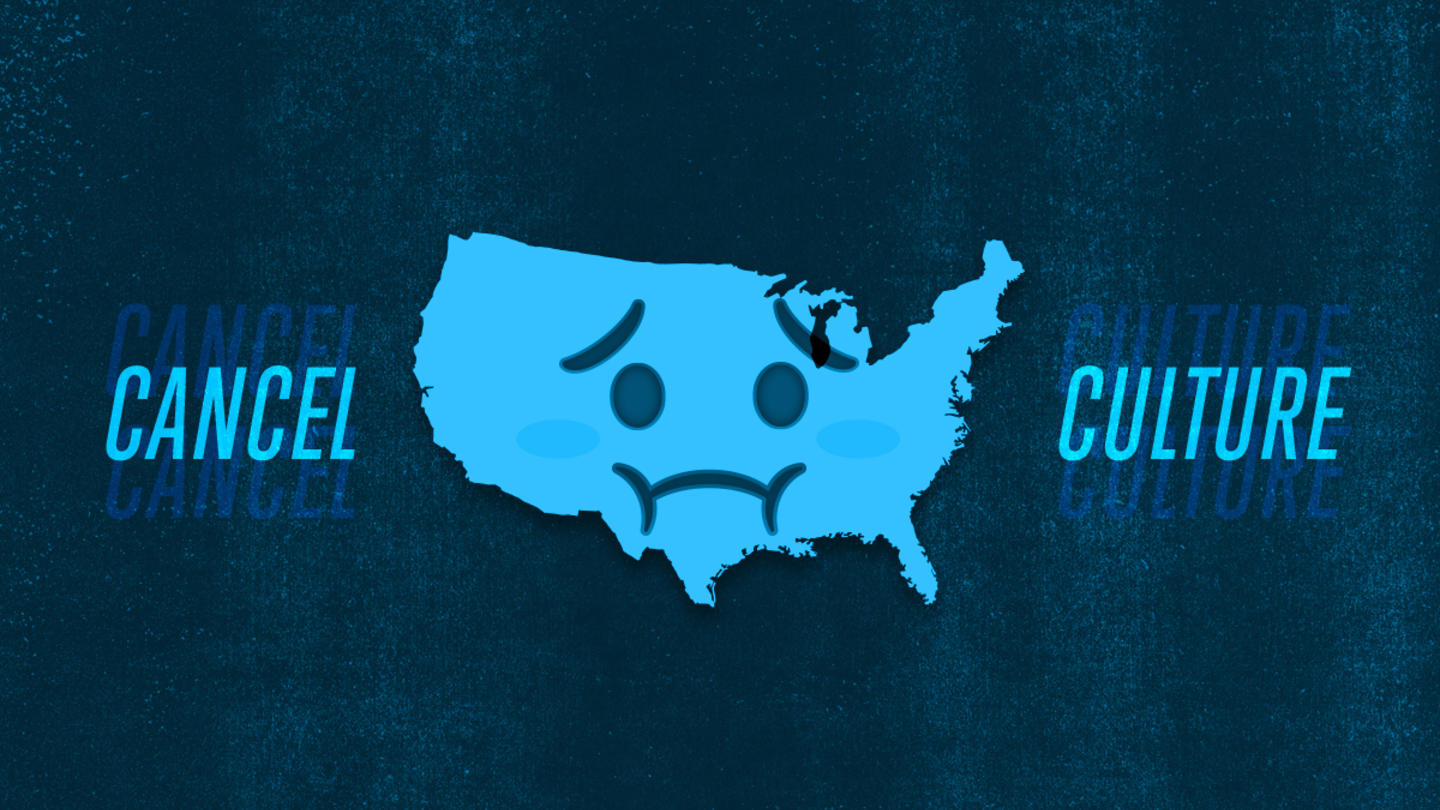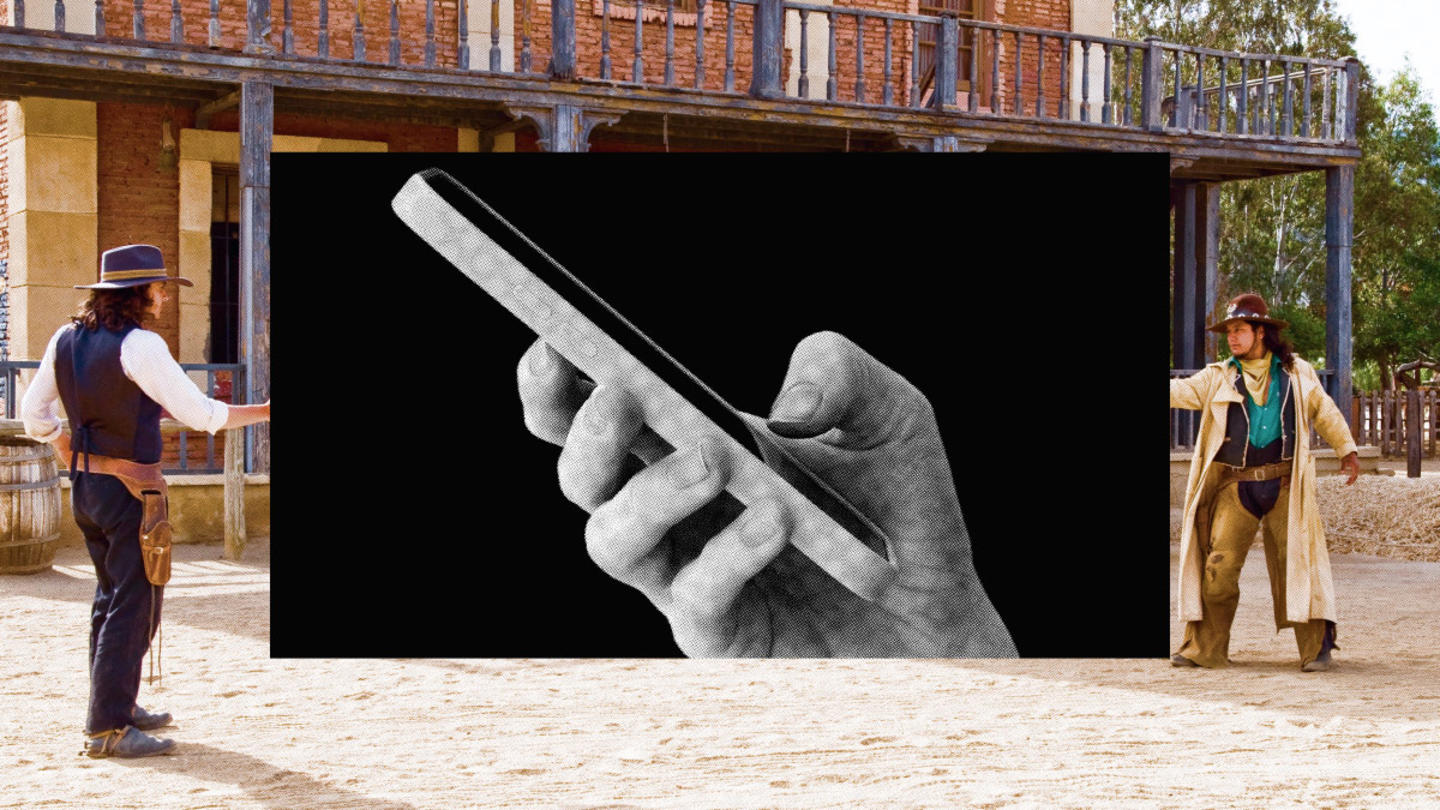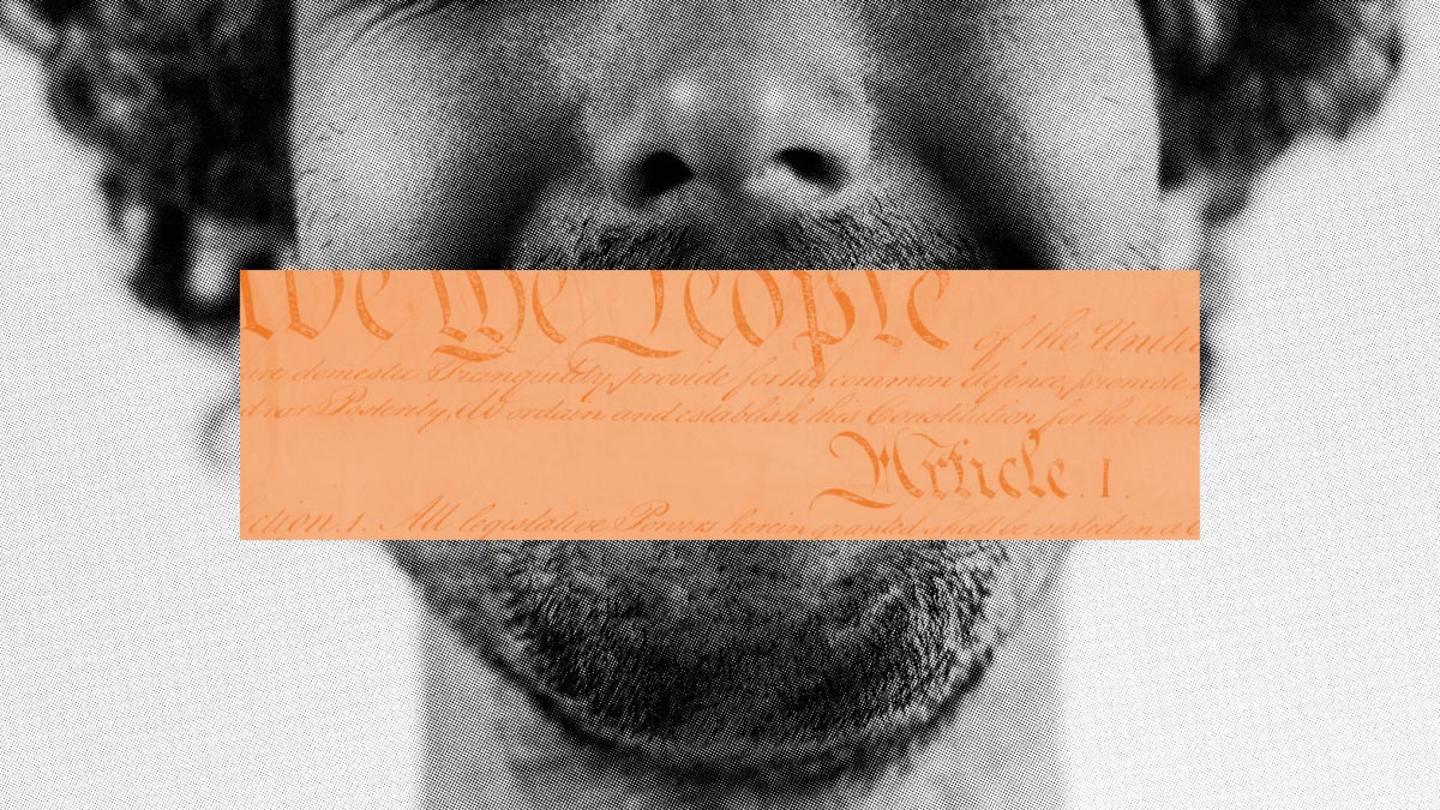This article was originally published by Stand Together Trust.
Cancel culture began on college campuses and quickly spread to social media platforms. Now it is increasingly pervasive across corporate America. And the climate of fear and self-censorship it creates limits people's ability to collaborate, innovate, and build inclusive, productive workplaces.
What's 'cancel culture'? Really.
Cancel culture is a term that many different people use to mean many different things. However, at its core, it refers to a specific and distinct attempt or action.
Cancel culture is not people facing critiques, spurring debate, or even garnering protest for their ideas. According to Greg Lukianoff, the president of the Foundation for Individual Rights and Expression (FIRE), cancel culture is "the successful attempt to get people punished, expelled, (or) otherwise de-platformed for saying things that would otherwise be protected as free speech." It's a negative phenomenon – an effort to shut down conversation -- that robs people of the chance to challenge and improve on ideas.
Over the past several years, media and watchdogs have published a number of reports of individuals and organizations losing access to financial services for their political or religious beliefs. This trend has extended to online payment processors as well as to more traditional financial institutions. It seems to have begun with outside groups pressuring companies to refuse service to customers whose views they found out of bounds, but now also has begun to be institutionalized.
It's corporate cancel culture when businesses themselves deplatform or otherwise penalize customers or employees over their social, political or religious beliefs. Its rise comes at a time when trust in business has already fallen to its lowest point since the Great Recession. Restoring trust in business as an institution will be difficult as long as businesses succumb to these kinds of zero-sum approaches. Businesses play a critical role in society, both as an employer to the majority of adult Americans, and as supplier of essential goods and services. Corporate cancel culture makes the restoration in trust in the institution of business increasingly difficult.
Moreover, most Americans are looking for alternative approaches to the divisiveness they see increasingly defining critical institutions including education, media, and business. The think tank Populace found that, "Americans of all backgrounds have a shared vision for a workplace in which employees can be themselves, enjoy the same level of respect as everyone else, and be confident there is no preferential treatment." And according to other Populace research, only 14% of Americans privately agree that CEOs should take a stand on controversial social issues.
What's the answer, then? Government mandates are often ill-suited to address this problem. And businesses have a right to freedom of association – meaning that mandating they serve certain customers will run into constitutional challenges.
Fortunately, several organizations Stand Together Trust supports have begun experimenting with ways to increase respect and diversity in business without fueling division.
Educating business leaders & stakeholders
Nonprofit legal group Alliance Defending Freedom (ADF) has developed an example of bottom-up innovation to address these challenges. Last year ADF released the first-of-its-kind Viewpoint Diversity Score Business Index. A new and developing tool, the index is intended to "evaluate(s) corporate policies, practices, and activities to determine whether companies respect their stakeholders' freedom of expression and freedom of religion or belief as a standard part of doing business." It scores companies across three categories, Market, Workplace and the Public Square. ADF just released its 2023 version, giving stakeholders more data to understand and improve on these opportunities.
Empowering employees
According to Moral Courage University founder Irshad Manji, "Diversity is about more than skin color or gender, it is also about different opinions and ideas." Manji's Diversity Without Division program helps companies become more inclusive so that employees feel free to contribute in new and challenging ways. Diversity is also critical to be competitive. Groupthink and uniformity lead to lost opportunities to innovate and create value. As ADF puts it, "Respecting everyone, regardless of their religious or ideological beliefs, is good for business and society."
Elevating customers
FIRE, the civil liberties organization whose president offers audiences a clear way to define cancel culture, offers a way for customers to defend against it. The group protects Americans from government threats to their free speech. FIRE also empowers them to engage the corporate sector. Private businesses aren't bound by the First Amendment but there are cultural reasons companies shouldn't discriminate against customers based on their beliefs or views. For example, when Puffin Books secretly edited "problematic" language from Roald Dahl's classic children's novels, FIRE helped people petition the publisher to stop censoring literature.
Much more experimentation is needed in this space, including from organizations with differing perspectives. And people are hungry for it, and many changemakers like those above are rising to the challenge.
Business leaders would do well to listen to what most of their employees and customers want. And that means to create inclusive cultures that respect the dignity of each individual.
***
Stand Together Trust provides funding and strategic capabilities to innovators, scholars, and social entrepreneurs to develop new and better ways to tackle America’s biggest problems.
Learn more about Stand Together’s free speech efforts and explore ways you can partner with us.




